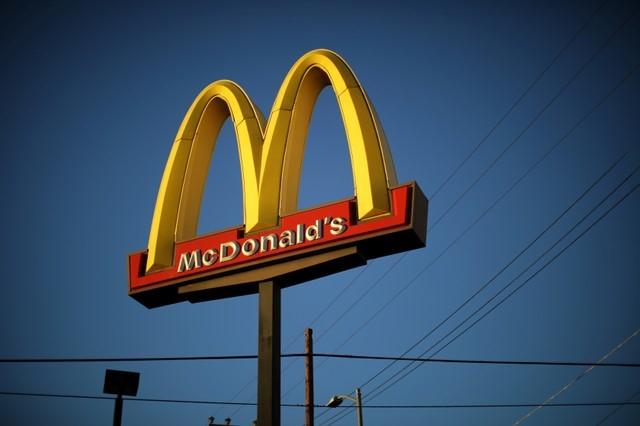A report said that fecal matter was discovered on every McDonald’s self-service touchscreen swabbed during an investigation in the United Kingdom.
Samples were taken at six McDonald’s locations in London and two in Birmingham. The samples all revealed a contamination of coliforms, which are found in human fecal matter.





